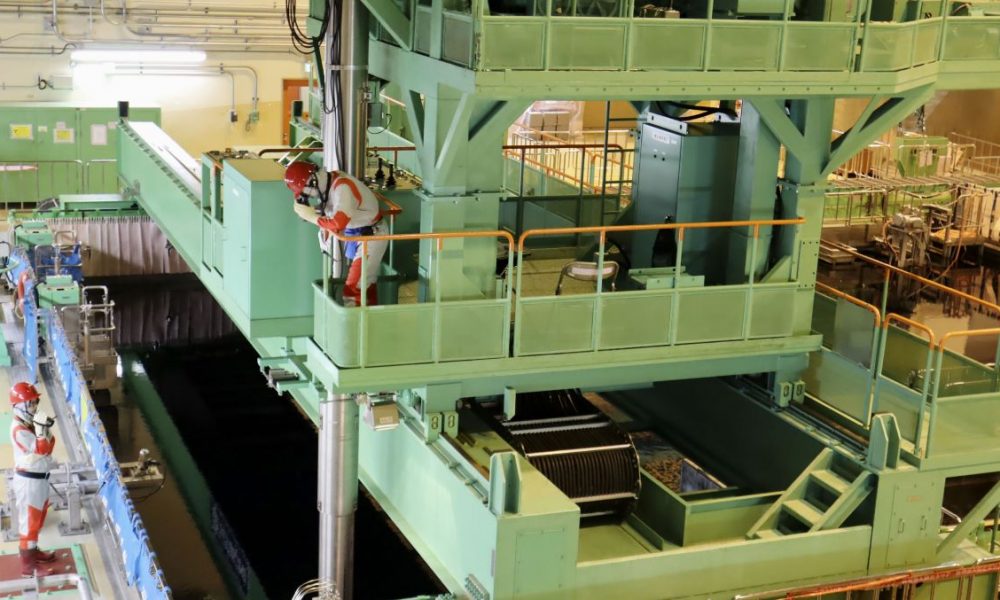
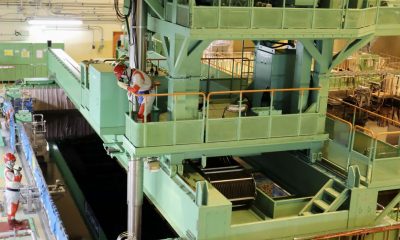

Niigata's Governor Hideyo Hanazumi has yet to approve the Kashiwazaki-Kariwa nuclear plant's restart, putting at risk energy security at the national level.
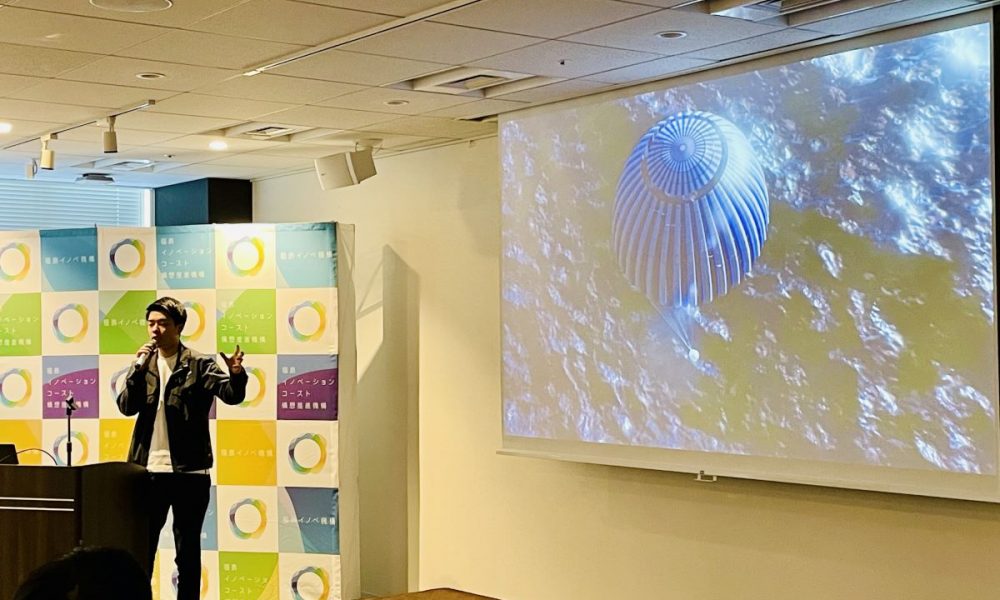
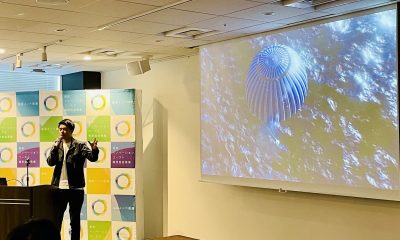

Fukushima Innovation Coast Framework has plans to help restore economies in disaster-afflicted regions with cutting-edge industries. Here's a closer look.
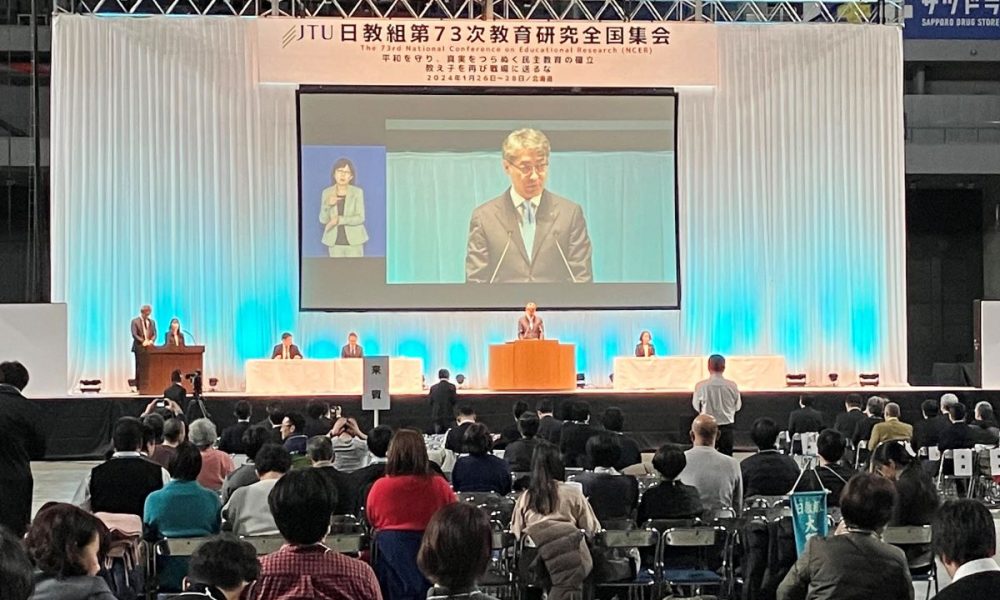
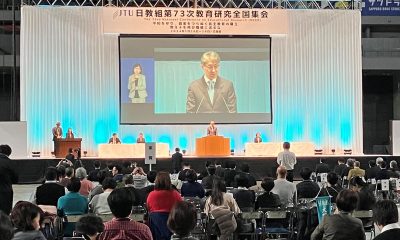

The Japan Teachers' Union undermines the nation — and our children's future — when it encourages members to teach falsehoods, even China's propaganda line.
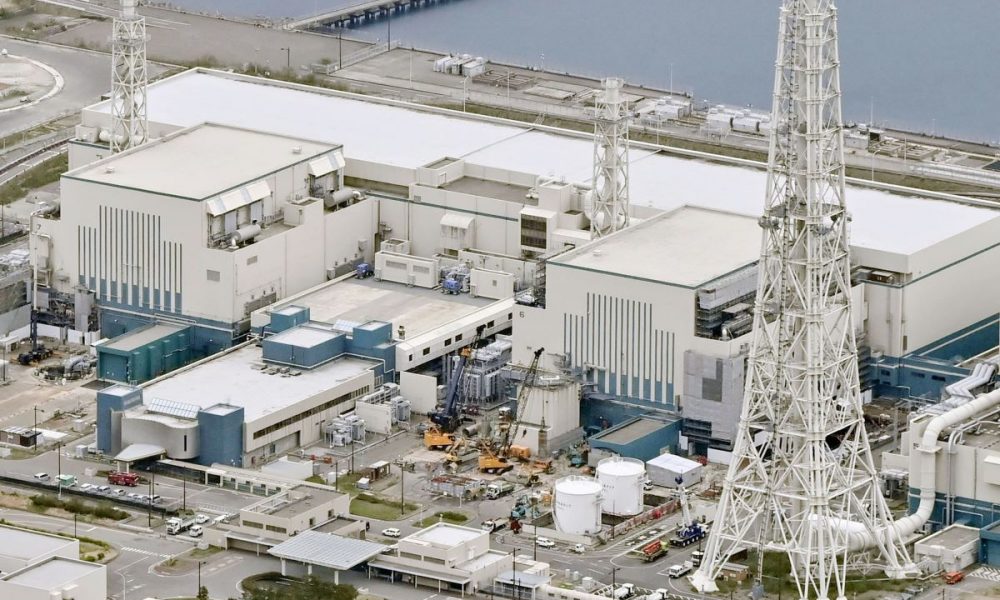
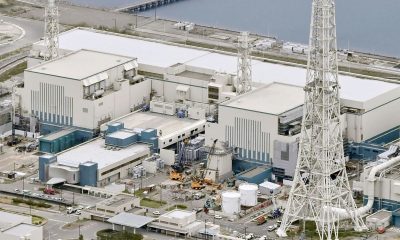

The Kashiwazaki-Kariwa Nuclear Power Station would have contributed to Japan's stable energy supply. But the NRA only lifted the ban after nearly three years.
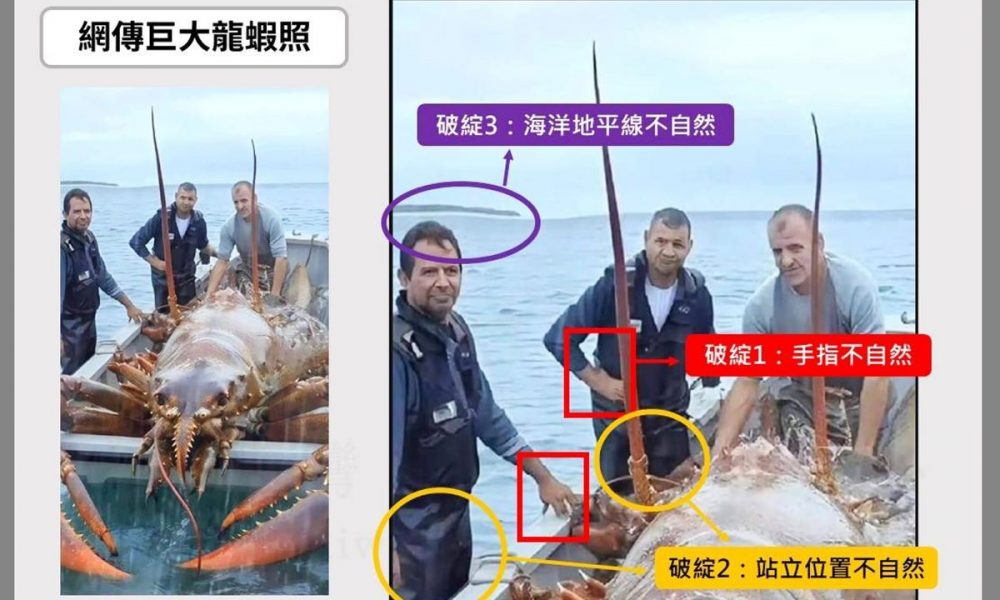
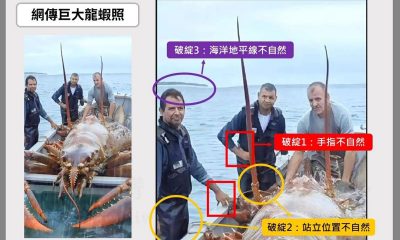

Disinformation is spreading on Chinese and Taiwanese social media about Fukushima's treated water release, including an AI-generated image of a mutant lobster.
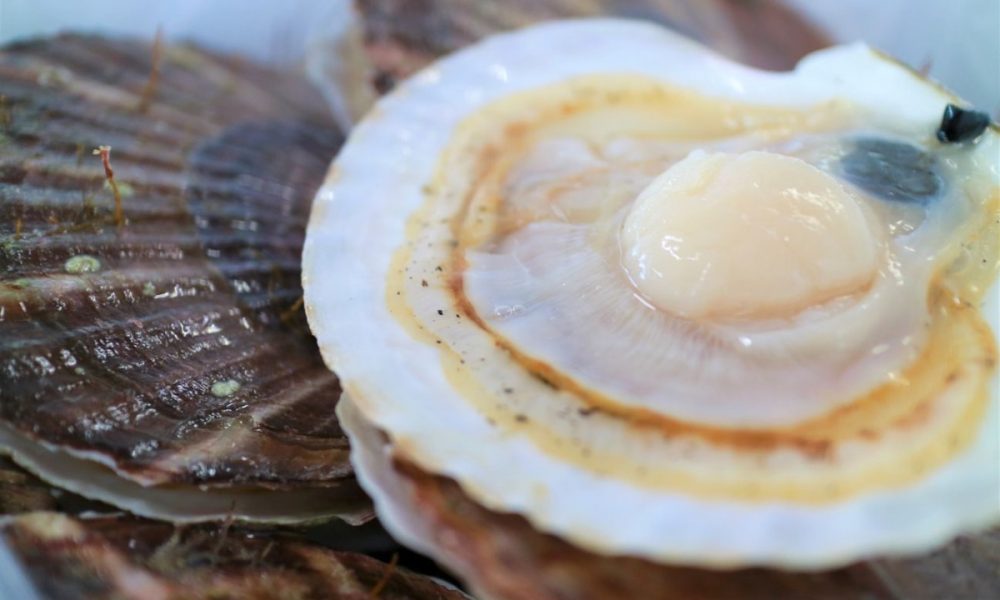
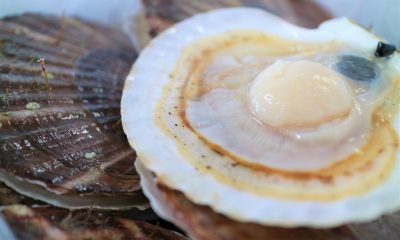

Reciprocating initiatives in 2022 to help Taiwan counter China's economic coercion, now it is promoting Japan's fishing industry against China's import ban.
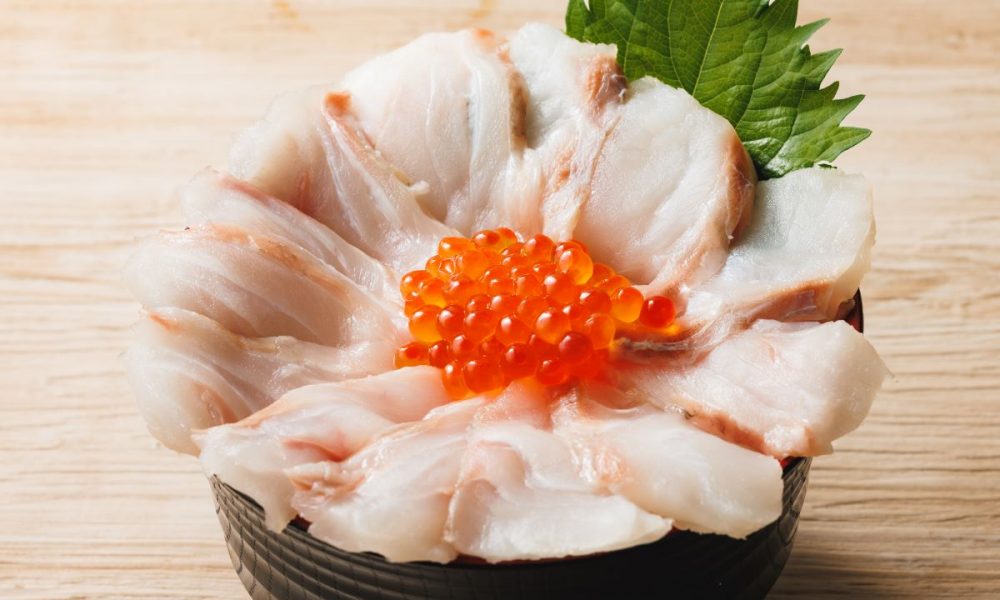
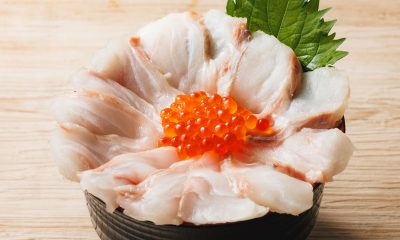

Get the highlights of must-visit booths and behind-the-scenes insights as the SAKANA & JAPAN FESTIVAL gets underway in Tokyo from November 23-26.
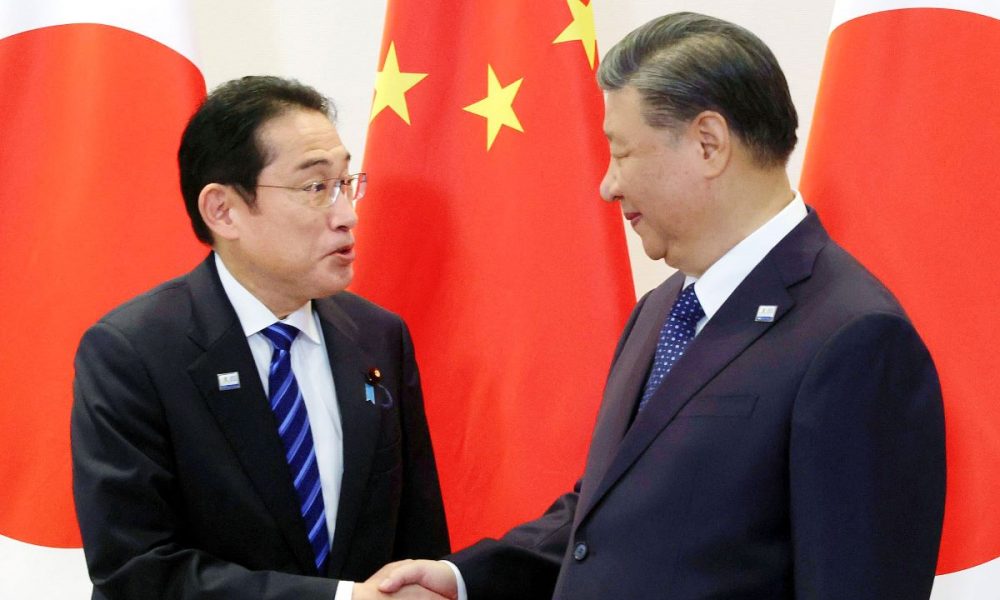
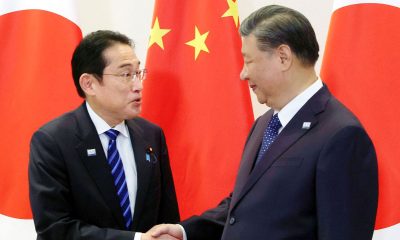

The Kishida-Xi talks didn't touch on China's detention of Japanese nationals, the situation in the East China Sea or Beijing's military activities around Japan.
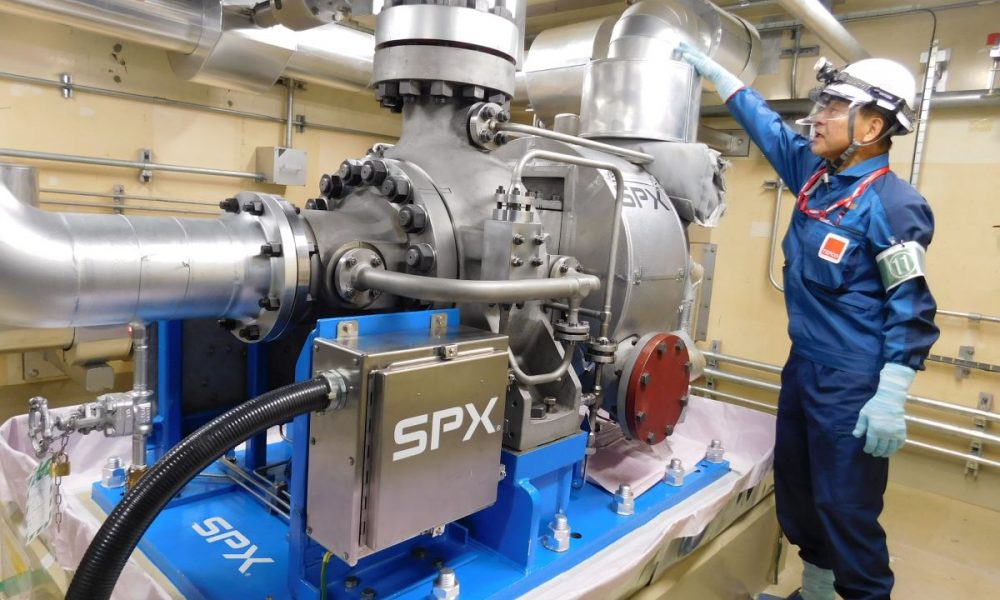
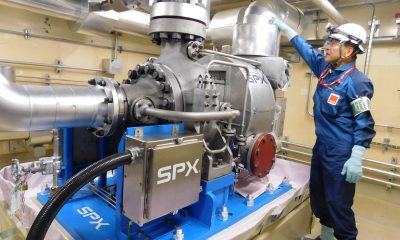

The Kashiwazaki-Kariwa power station restart, a key toward the dual goals of energy security and decarbonization is now strengthening counterterrorism measures.
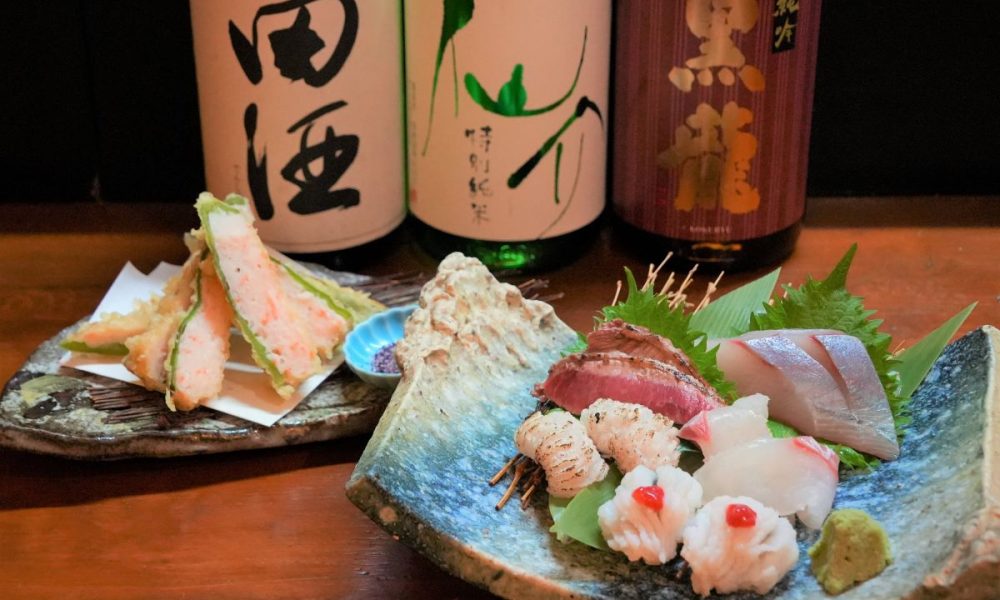
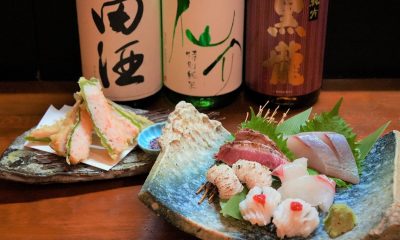

Culture Day is an opportunity to focus on the richness of world-class Japanese food, and an incentive to pass on this culture and see it develop...
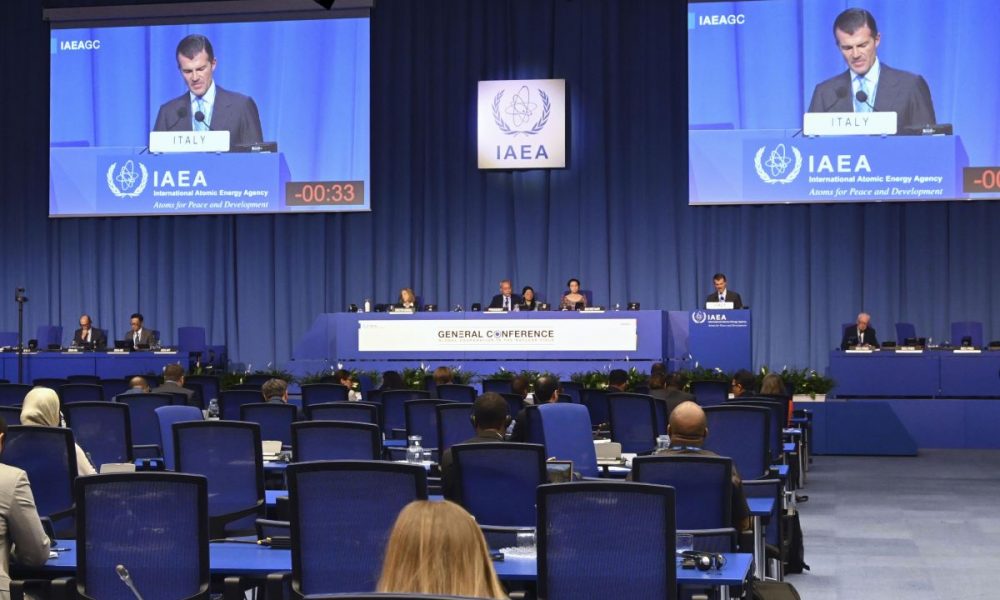
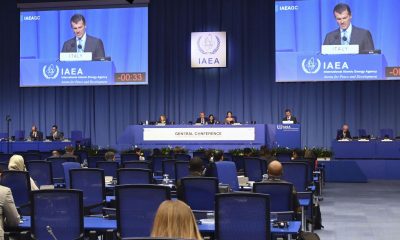

New testing by the IAEA involves laboratories from Canada, China, and South Korea, aiming to settle remaining concerns about Fukushima's treated water release.
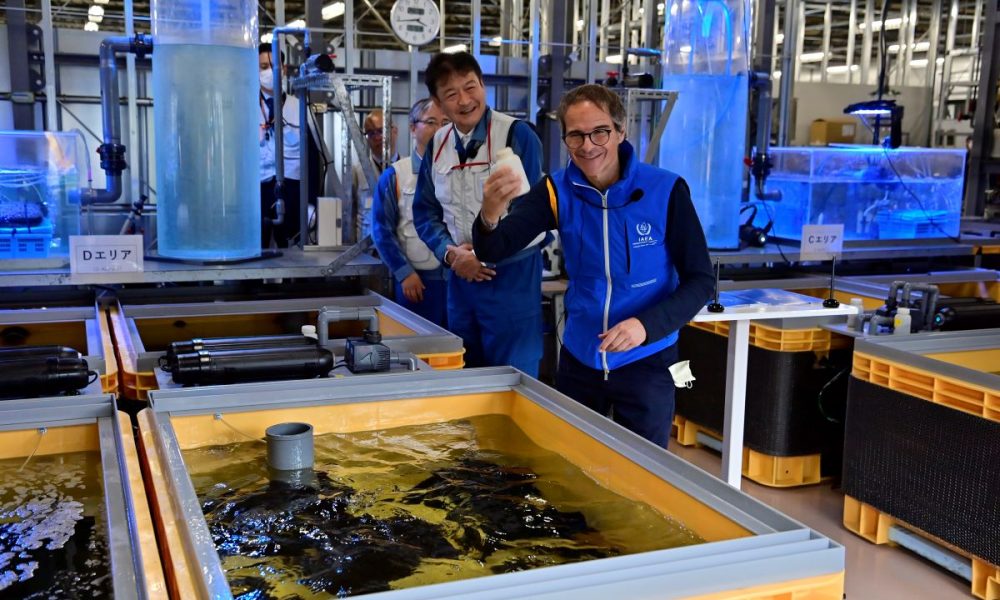
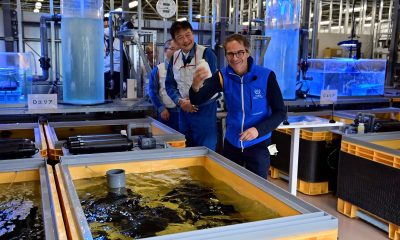

TEPCO's team is raising flounder in treated water and its tests confirm the tritium stays well below international standards without accumulating in the fish.